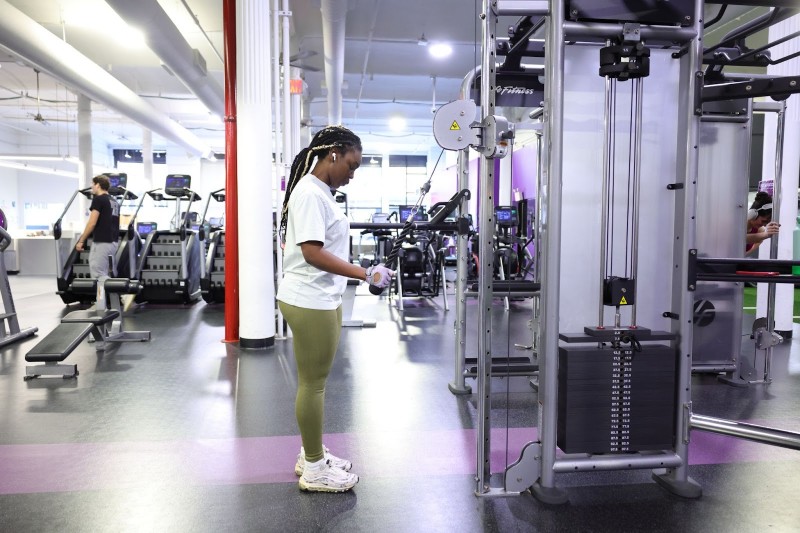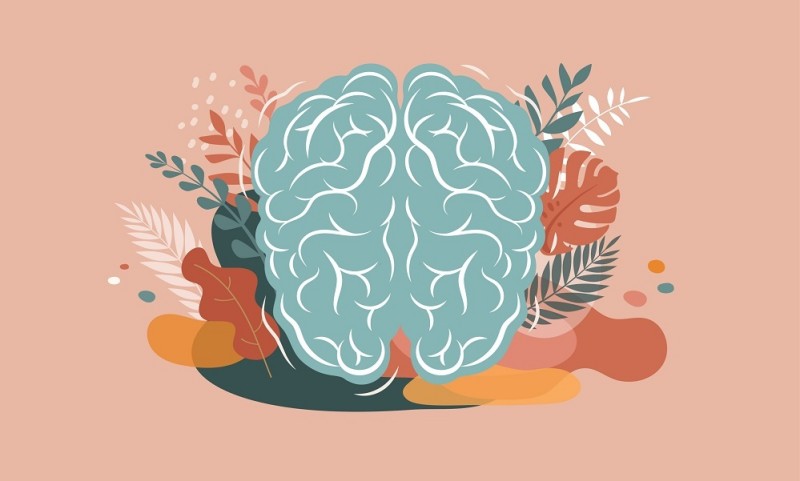The battle against acne, particularly hormonal acne, is one that many have taken up. In fact, a study by the American Academy of Dermatology (AAD) in 2025 revealed that 85% of people between the ages of 12 and 24 experience at least minor acne. If you’re struggling with this common skin condition, know that you’re not alone—and that hormonal acne treatments are available to help.
Hormonal acne, as the name suggests, is directly tied to our body’s hormones. It often flares up in response to changes in hormonal levels, such as during your menstrual cycle or due to hormonal imbalances. The most common places for hormonal acne are the lower face and along the jawline.
Getting to the root of hormonal acne involves understanding it, which begins with recognizing the key hormones involved. The primary culprits are androgens like testosterone, which can overstimulate oil glands and alter the development of skin cells that line hair follicles in the skin.
Now that we’ve uncovered the cause, let’s delve into the various hormonal acne treatments available. There’s no one-size-fits-all solution, as everyone’s skin responds differently. However, there are several options that have proven effective for many.
Prescription medications provide a powerful line of defense against hormonal acne. Oral contraceptives, for instance, can help regulate hormonal imbalances, reducing the occurrence of breakouts. Another option is anti-androgen drugs, which work by decreasing the body’s androgen production.
Retinoid creams, lotions, and gels are another weapon in the fight against hormonal acne. Retinoids help prevent plugging of hair follicles and have been shown to be effective in treating acne. A 2024 study in the Journal of Dermatological Treatment found that 88% of participants saw a significant reduction in acne lesions after using retinoid-based treatments.
Topical treatments containing salicylic acid or benzoyl peroxide can also be beneficial. They work by reducing inflammation and killing the bacteria that contribute to acne development.
Beyond medications, lifestyle modifications can also impact hormonal acne. Stress management, for instance, is crucial as stress can trigger hormonal changes. Techniques like deep breathing, yoga, and meditation can help manage stress levels. Regular exercise and a healthy diet rich in fruits, vegetables, and lean proteins can also support hormone regulation and overall skin health.
Lastly, it’s important to maintain a consistent skincare routine. This should involve cleansing your face twice daily with a gentle, non-comedogenic cleanser, using oil-free moisturizers, and applying a broad-spectrum sunscreen every day. Avoiding pore-clogging makeup products can also help prevent breakouts.
Remember, treating hormonal acne takes time and patience. It may take a few weeks or even months to see significant changes. But by understanding your skin and working with a healthcare or skincare professional, you can find a hormonal acne treatment that works for you.










 : eval()'d code(1) : eval()'d code(1) : eval()'d code(1) : eval()'d code</b> on line <b>2</b><br />
https://mindbodyfuell.com/wp-content/themes/baobao/default.jpg)
